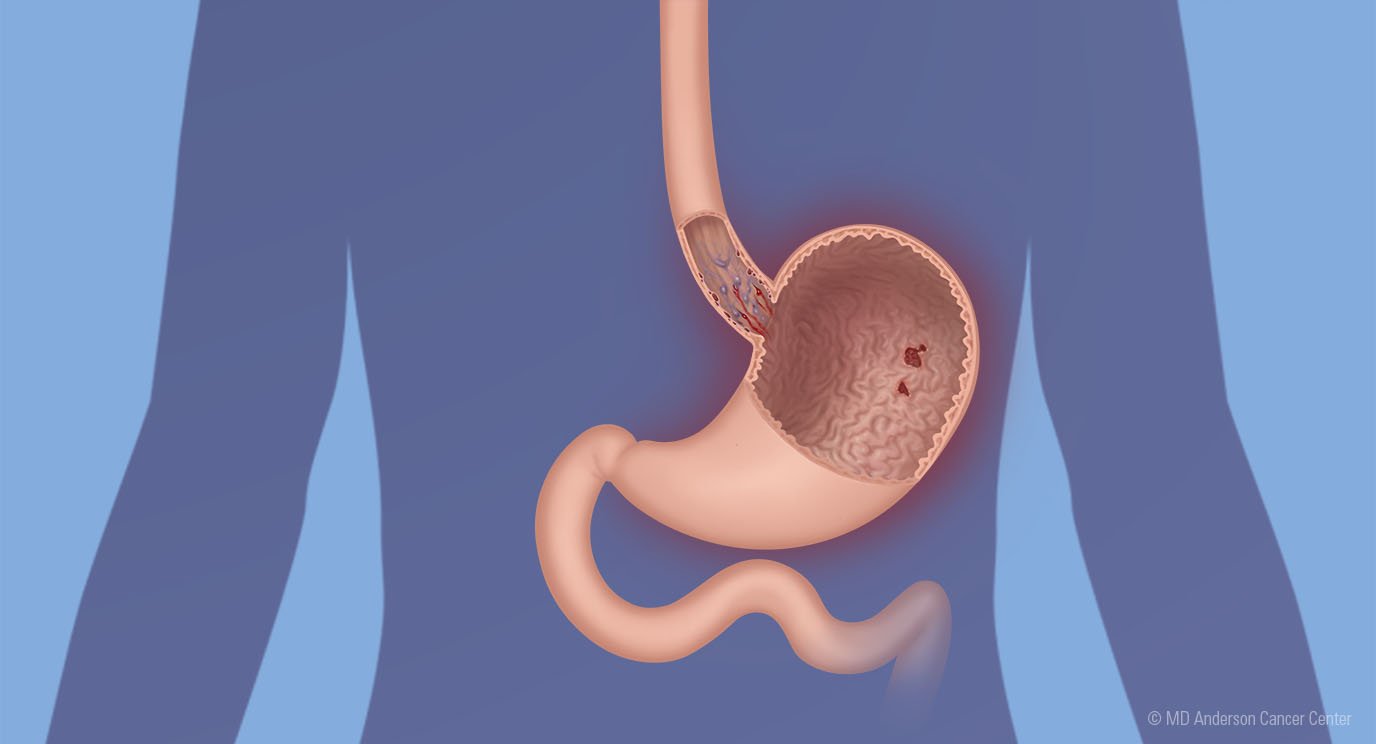- Diseases
- Acoustic Neuroma (14)
- Adrenal Gland Tumor (24)
- Anal Cancer (66)
- Anemia (2)
- Appendix Cancer (16)
- Bile Duct Cancer (26)
- Bladder Cancer (68)
- Brain Metastases (28)
- Brain Tumor (230)
- Breast Cancer (718)
- Breast Implant-Associated Anaplastic Large Cell Lymphoma (2)
- Cancer of Unknown Primary (4)
- Carcinoid Tumor (8)
- Cervical Cancer (154)
- Colon Cancer (164)
- Colorectal Cancer (110)
- Endocrine Tumor (4)
- Esophageal Cancer (42)
- Eye Cancer (36)
- Fallopian Tube Cancer (6)
- Germ Cell Tumor (4)
- Gestational Trophoblastic Disease (2)
- Head and Neck Cancer (6)
- Kidney Cancer (124)
- Leukemia (344)
- Liver Cancer (50)
- Lung Cancer (288)
- Lymphoma (284)
- Mesothelioma (14)
- Metastasis (30)
- Multiple Myeloma (98)
- Myelodysplastic Syndrome (60)
- Myeloproliferative Neoplasm (4)
- Neuroendocrine Tumors (16)
- Oral Cancer (100)
- Ovarian Cancer (170)
- Pancreatic Cancer (164)
- Parathyroid Disease (2)
- Penile Cancer (14)
- Pituitary Tumor (6)
- Prostate Cancer (144)
- Rectal Cancer (58)
- Renal Medullary Carcinoma (6)
- Salivary Gland Cancer (14)
- Sarcoma (236)
- Skin Cancer (296)
- Skull Base Tumors (56)
- Spinal Tumor (12)
- Stomach Cancer (60)
- Testicular Cancer (28)
- Throat Cancer (90)
- Thymoma (6)
- Thyroid Cancer (98)
- Tonsil Cancer (30)
- Uterine Cancer (78)
- Vaginal Cancer (14)
- Vulvar Cancer (18)
- Cancer Topic
- Adolescent and Young Adult Cancer Issues (20)
- Advance Care Planning (10)
- Biostatistics (2)
- Blood Donation (18)
- Bone Health (8)
- COVID-19 (362)
- Cancer Recurrence (120)
- Childhood Cancer Issues (120)
- Clinical Trials (628)
- Complementary Integrative Medicine (24)
- Cytogenetics (2)
- DNA Methylation (4)
- Diagnosis (230)
- Epigenetics (6)
- Fertility (64)
- Follow-up Guidelines (2)
- Health Disparities (14)
- Hereditary Cancer Syndromes (124)
- Immunology (18)
- Li-Fraumeni Syndrome (8)
- Mental Health (118)
- Molecular Diagnostics (8)
- Pain Management (62)
- Palliative Care (8)
- Pathology (10)
- Physical Therapy (18)
- Pregnancy (18)
- Prevention (898)
- Research (392)
- Second Opinion (74)
- Sexuality (16)
- Side Effects (604)
- Sleep Disorders (10)
- Stem Cell Transplantation Cellular Therapy (216)
- Support (404)
- Survivorship (322)
- Symptoms (184)
- Treatment (1776)
Retired physician: I wish I’d gotten a colonoscopy sooner
2 minute read | Published June 19, 2019
Medically Reviewed | Last reviewed by an MD Anderson Cancer Center medical professional on June 19, 2019
I was hired as an infectious disease specialist by MD Anderson in 1983. And until I retired in January 2019, I routinely helped patients with one of the most common side effects of cancer treatment: infections.
But despite working at MD Anderson for more than 35 years and watching several of my colleagues struggle with cancer diagnoses, I put off getting a colonoscopy until I was 66. That’s 16 years later than recommended. The results showed I had stage I colorectal cancer.
My colorectal cancer diagnosis
It was my wife who saved my life.
Most people get a bit heavier over the holidays, but I’d been losing weight steadily for about four months by early 2017. And I was not trying to. I was also experiencing fatigue. One night, my wife finally looked across the dinner table at me and said, “You are literally melting away before my eyes. What’s it going to take to get you to go to the doctor?”
That was the wake-up call I needed. I reached out to a colleague, who ordered a CT scan. It showed a 1.5-inch tumor in my sigmoid colon. A few days later, I had a colonoscopy. A biopsy of tissue taken during the colonoscopy revealed the tumor was adenocarcinoma. I had surgery to remove the tumor and part of my colon a few weeks later.
Don’t put off screenings and preventive tests
Fortunately, the cancer hadn’t spread to any nearby lymph nodes, so I didn’t need chemotherapy or radiation therapy. My recovery was relatively quick and pretty unremarkable. And my scans have been clear ever since the surgery.
But I was lucky. I made all sorts of excuses for not getting a colonoscopy. I told myself that I had no family history of colorectal cancer. And I already had heart problems, so I had enough to worry about.
But as a doctor, I should’ve known better. Whatever preventive tests or screenings are recommended for someone your age, don’t put them off. Get tested. And if your friends or loved ones are procrastinating, go and talk to them. Follow through.
Because if it can happen to me, it can happen to you.
Request an appointment at MD Anderson online or by calling 1-844-502-9154.
Related Cancerwise Stories

If it can happen to me, it can happen to you.
Kenneth Rolston, M.D.
Survivor & Physician





